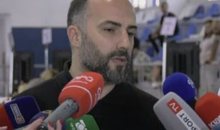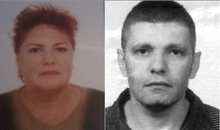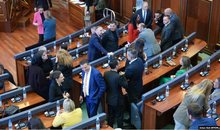
Albanian mafia boss, drug lord who stirred up Ecuadorian politics, arrested in Dubai
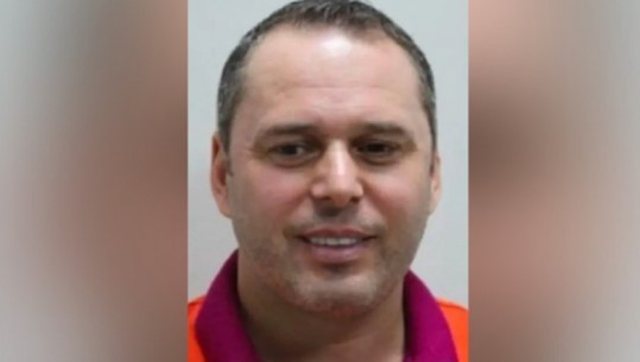
The leader of the Albanian drug trafficking gang in Ecuador, Dritan Gjika, is arrested in Dubai.
The news was announced by the Ecuadorian Interior Ministry in a post on X, which states that Gjika's arrest was made during an international operation conducted today (May 26).
He was internationally wanted by Interpol for drug trafficking, money laundering and organized crime.
Who is Dritan Gjika?
Gjika became one of the most prominent Albanian drug traffickers in Ecuador in recent years, and a large part of his network has now come to light.
Gjika first went to Ecuador in November 2009, when he was 33 years old. In 2013, he was granted citizenship and settled in Guayaquil, the economic heart of Ecuador. There he began to build his drug trafficking empire. He was one of the first Albanian traffickers to set up shop in Ecuador, posing as a businessman.
Gjika and another Albanian bought an export company called “Cresmark SA” in 2014, and Gjika was appointed general manager. That same year, he opened a construction company with Ecuadorian businessman Rubén Cherres.
Cherres was no stranger to law enforcement. In 1999, he was arrested on drug trafficking charges after a police raid led to the seizure of 108 bags of cocaine. He was acquitted the following year after several influential figures testified in favor of his release, including Danilo Carrera, brother-in-law of Ecuador's then-president, Guillermo Lasso.
In addition to his ties to politics, Cherres was also well-connected to Ecuador's business and political elites, making him a powerful ally for Gjika's drug trafficking scheme.
Although it is unclear exactly when Gjika began trafficking cocaine to Europe, it is clear that he was in the right place when in neighboring Colombia, the government and the Revolutionary Armed Forces of Colombia (Fuerzas Armadas Revolucionarias de Colombia – FARC) signed a historic peace agreement in 2016. When the FARC demobilized in 2017, the dissidents of the FARC’s 48th Front kept their weapons and territory on the Colombia-Ecuador border. Lacking contacts with international buyers, they formed an alliance with “Constru”, a drug trafficking network that dominated the routes to Sucumbíos, a province in Ecuador. “Constru” connected the remnants of the FARC with international buyers, many of them from the Balkans, including Gjika.
According to Ecuadorian and Spanish police, Gjika’s organization initially trafficked cocaine in packages weighing hundreds of kilograms in containers belonging to Gjika’s company or other affiliated companies. In 2018, Gjika apparently tried to expand his business. He bought shares in a second export company, Agricomtrade, which shipped bananas to various European companies.
One of them, Albanian importer Alba Exotic Fruit, was used to import cocaine into Albania, according to Albanian prosecutors. In total, Agricomtrade sent more than 150 shipments through Alba Exotic Fruit.
Gjika is suspected of working with several coordinators who oversaw the establishment of companies and the recruitment of public officials.
According to Spanish police reports, the organization sourced its cocaine from a supplier in Colombia, who delivered 4 tons of the drug each month to storage centers in Ecuador. Payments for cocaine shipments were deposited using bank accounts belonging to a member of Gjika’s network, according to Ecuadorian prosecutors. Once the cocaine arrived in Ecuador, Ecuadorian subcontractors handled the storage and transportation. Gjika’s organization paid these subcontractors in cocaine.
In a single day in June 2021, Gjika and Cherres founded 8 companies, mostly in the construction sector. Since then, 6 of them have been under investigation for money laundering. Between 2015 and 2024, the organization laundered at least $31 million through these companies and others, according to Ecuador's public prosecutor.
However, in mid-2021, Ecuador's anti-narcotics police launched an investigation that identified Gjika as the head of a cocaine trafficking scheme involving Cherres and other Ecuadorian businessmen. Gjika came under increasing scrutiny in early 2023, when a slew of media reports implicated him in a high-level corruption scheme.
Latest news


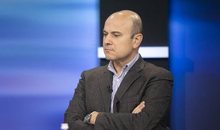
Dance with the mask of evil
2025-06-20 21:11:50
Matura 2025, Albanian Language and Literature exam grades published
2025-06-20 20:40:37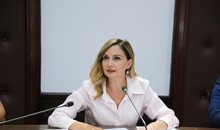
Tabaku: Albania has African wages and European prices
2025-06-20 20:33:02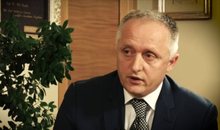

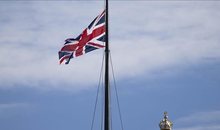
UK temporarily withdraws embassy staff from Iran
2025-06-20 19:16:02
How Albania became the country with the highest cost of living
2025-06-20 18:49:11


Hail and strong storm "grab" Belshi
2025-06-20 17:35:56

School closures increase parents' financial burden during the summer
2025-06-20 16:49:19
KAS dismisses SP over vote revaluation
2025-06-20 16:34:02


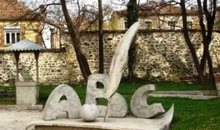
Albanian language included in official communications of New York public schools
2025-06-20 15:08:35
Accident in Italy, 46-year-old Albanian dies (NAME)
2025-06-20 14:50:50
Kosovo in electricity crisis, KESCO appeals to citizens: Save electricity!
2025-06-20 14:29:55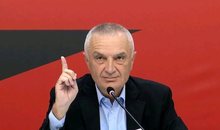
Meta: Disinformation against me, a product of government propaganda!
2025-06-20 14:08:44
The American obsessed with Albania, a country he would write an anthem for
2025-06-20 13:39:41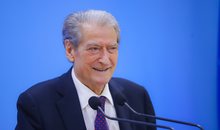
Berisha: SPAK is throwing candy to protect Gys Agas and Rama!
2025-06-20 13:30:02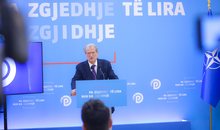
"Elections an electoral crime"/ Berisha warns of protests at home and abroad
2025-06-20 13:09:59


Reported missing a day ago, elderly man found dead in Peqin
2025-06-20 12:19:21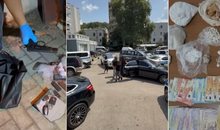
Drug gangs in Tirana cracked down, 24 arrested, 8 wanted (NAMES)
2025-06-20 11:57:38
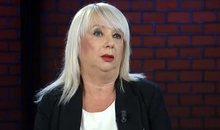

You win the elections like Edi Rama - but justice won't allow you in Switzerland
2025-06-20 11:10:28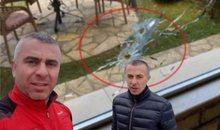
Bullets fired at Arjan Ndoji's former driver's bar, 15 shells at the scene
2025-06-20 10:48:02
Vokshi reports Vilma Nushi to SPAK, files lawsuit for "Check Up"
2025-06-20 10:31:54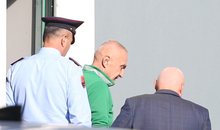
Requests release from prison, hearing for former president Meta ends today
2025-06-20 10:15:50

Bullets fired at a bar in Fushë Krujë, police surround the area
2025-06-20 09:34:34


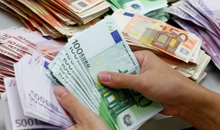
Foreign exchange, how much foreign currencies are bought and sold today
2025-06-20 08:40:20

Clear skies and cloudy skies, today's weather forecast
2025-06-20 08:00:26
Morning Post/ In 2 lines: What mattered yesterday in Albania
2025-06-20 07:50:05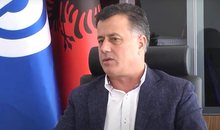
Noka reveals Rama's condition for Veliaj to resign
2025-06-19 22:53:43
Vote recount in Tirana, Kaso: We did not have the 14th mandate as our objective
2025-06-19 22:44:53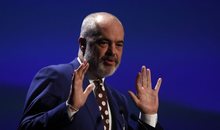




Noka: Policemen were running from morning to night for SP votes
2025-06-19 21:31:03
The three zodiac signs that will be disappointed in love this month
2025-06-19 21:18:48
Accused of murder due to blood feud, 48-year-old arrested in England
2025-06-19 21:06:57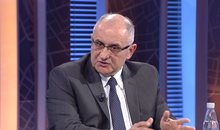
Vasili releases video: Tirana-Kashar segment full of gravel, no workers around!
2025-06-19 21:00:48

Tirana without a coach, four names considered for the white-and-blue bench
2025-06-19 20:21:12
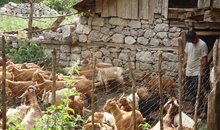
Rinderpest/ A new outbreak appears in Shkodra, 200 sheep affected
2025-06-19 20:01:50

Scientists raise the alarm: Earth risks exceeding the 1.5°C warming limit!
2025-06-19 19:37:44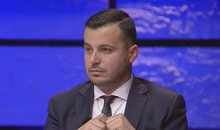

"Fiscal Peace" without consultation with the EU, Brussels concerned
2025-06-19 19:05:23
Trump signs executive order extending TikTok ban in US for another three months
2025-06-19 19:03:35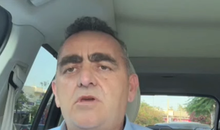
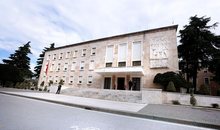
A special Task Force on immigration is established in cooperation with Italy
2025-06-19 18:23:58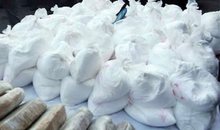
Drug trafficking gang busted in Italy, 25 people arrested, including Albanians
2025-06-19 18:18:33
AMF denounces a suspicious cryptocurrency investment platform
2025-06-19 18:06:07
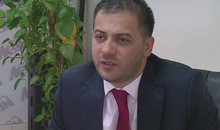

Technology as a tool of war between Israel and Iran
2025-06-19 17:27:54



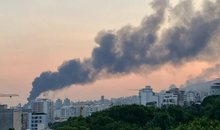
EU divided over Israel's right to bomb Iran
2025-06-19 16:10:42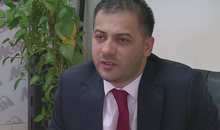

Analysis/ How is Russia spreading propaganda in the Albanian language?
2025-06-19 15:49:18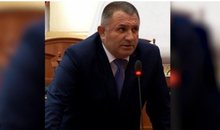
Session in the Criminal Court, MP Qani Xhafa is fined
2025-06-19 15:33:30
Members of criminal organizations! 3 Albanians extradited from Dubai today
2025-06-19 15:20:04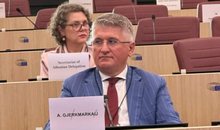

Lufta/ Zelenskyy bën thirrje për rritjen e presionit ndaj Rusisë
2025-06-19 14:56:02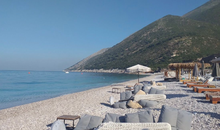
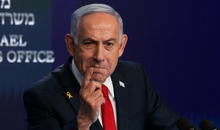
Netanyahu warns Iran after attacks on Israeli hospital
2025-06-19 14:34:53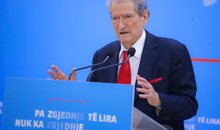
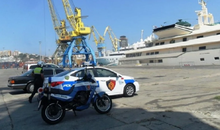
Attempted to enter Albania with false documents, 25-year-old arrested
2025-06-19 14:18:20
Psychology explains what happens in the brain of a person contemplating suicide
2025-06-19 14:01:25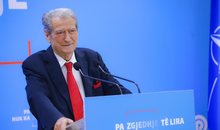

These are the coldest zodiac signs
2025-06-19 13:45:18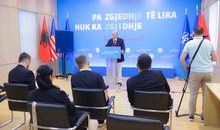

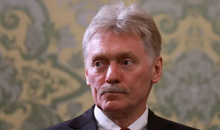
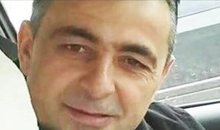
Albanian man dies in hospital after accident in Italy
2025-06-19 13:02:45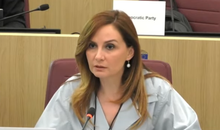

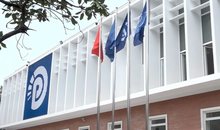
Berisha to gather political leaders tomorrow
2025-06-19 12:32:23
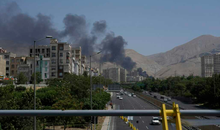
Iran confirms meeting with representatives of Britain, Germany and France
2025-06-19 12:11:33